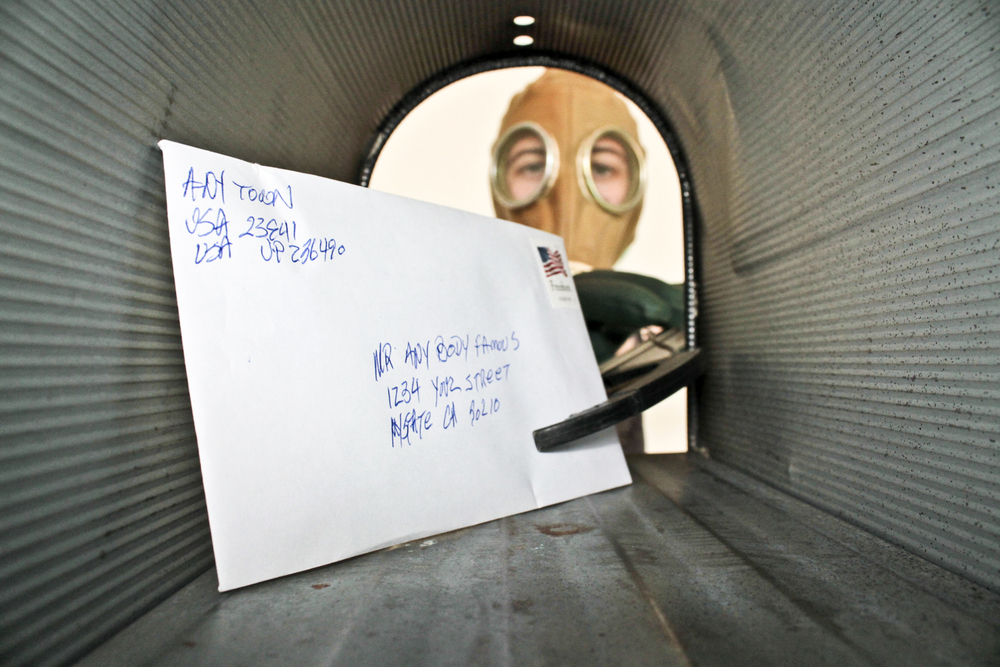Breaking
Pentagon: Military mistakenly shipped live Anthrax samples
WASHINGTON — The Centers for Disease Control and Prevention said Wednesday it is investigating what the Pentagon called an inadvertent shipment of live anthrax spores to government and commercial laboratories in as many as nine states, as well as one overseas, that expected to receive dead spores.
“At this time we do not suspect any risk to the general public,” CDC spokeswoman Kathy Harben said.
A Pentagon spokesman, Col. Steve Warren, said the suspected live anthrax samples were shipped from Dugway Proving Ground, an Army facility in Utah, using a commercial delivery service.
Warren said the government has confirmed one recipient, a laboratory in Maryland, received live spores. It is suspected, but not yet confirmed, that anthrax sent to labs in as many as eight other states also contained live spores, he said. Later he said an anthrax sample from the same batch at Dugway also was sent to a U.S. military laboratory at Osan air base in South Korea; no personnel there have shown signs of exposure, he said, and the sample was destroyed.
“There is no known risk to the general public, and there are no suspected or confirmed cases of anthrax infection in potentially exposed lab workers,” Warren said.
A U.S. official said Wednesday evening that four people in three commercial labs had worked with the suspect anthrax samples and the CDC has recommended the four be provided “post-exposure prophylaxis,” or preventive treatment. The official was not authorized to discuss the details because they involved non-government lab employees, and so spoke on condition of anonymity.
The anthrax samples were shipped from Dugway to government and commercial labs in Texas, Maryland, Wisconsin, Delaware, New Jersey, Tennessee, New York, California and Virginia.
The Defense Department, acting “out of an abundance of caution,” has halted “the shipment of this material from its labs pending completion of the investigation,” Warren said.
Contact with anthrax spores can cause severe illness.
Harben said one of the laboratories contacted the CDC to request “technical consultation.
” It was working as part of a Pentagon effort to develop a new diagnostic test to identify biological threats, she said.
“Although an inactivated agent was expected, the lab reported they were able to grow live Bacillus anthracis,” she said, referring to the bacteria that cause anthrax disease.
The CDC is working with state and federal agencies on an investigation with the labs that received samples from the Defense Department, she said.
Harben said all samples involved in the investigation will be securely transferred to the CDC or other laboratories for further testing.






















